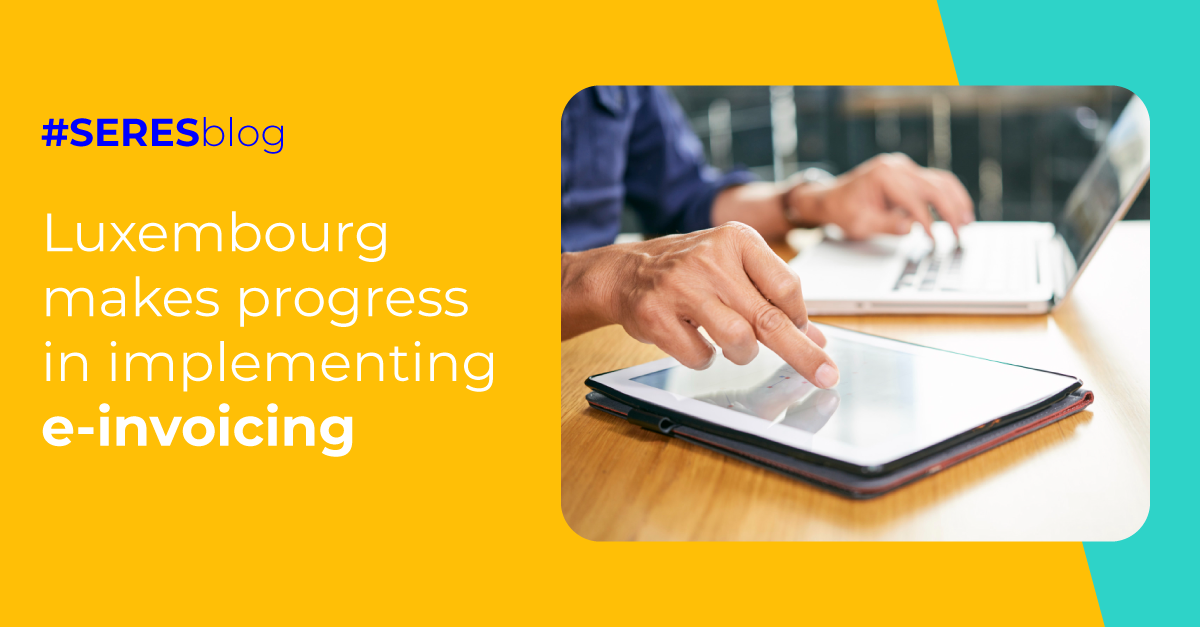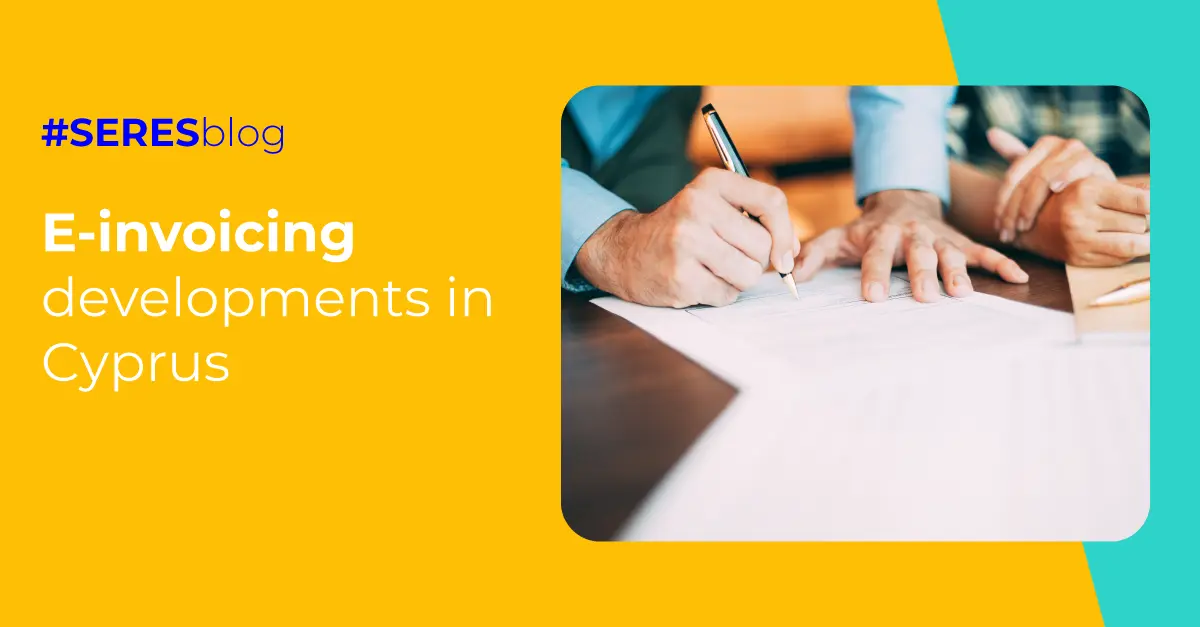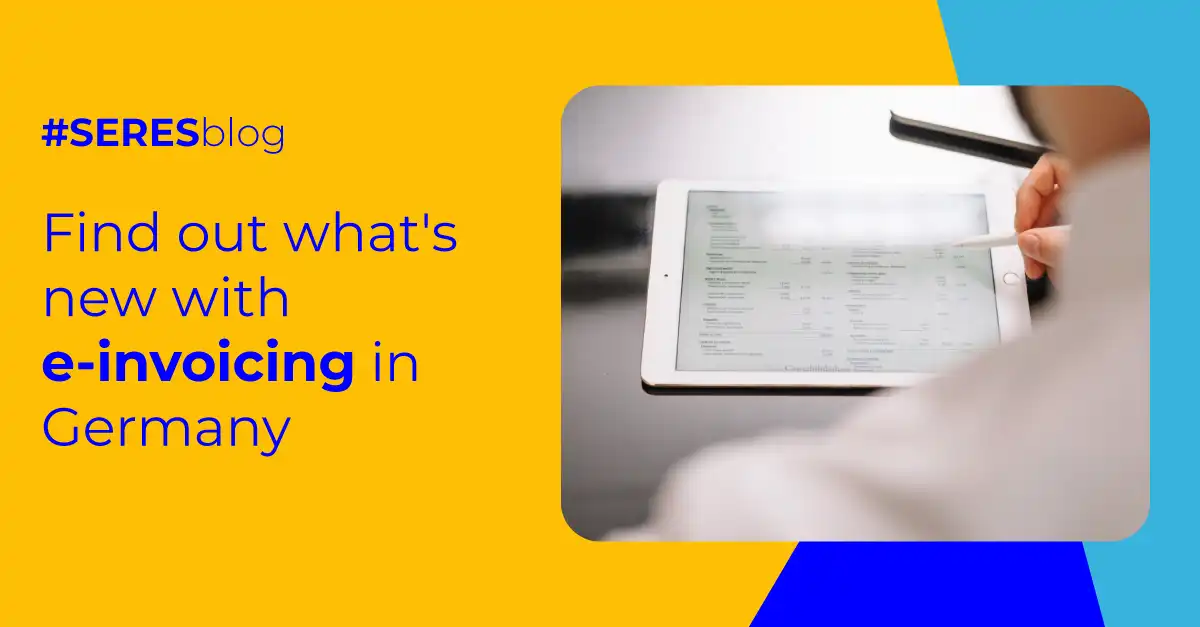B2B electronic invoicing in Croatia will be official in January 2026
Croatia has made a significant advancement in the realm of tax digitisation with the implementation of its Tax Audit Act (Fiskalizacija 2.0), which will come into effect on the 1st of January 2026.
During the initial two-week period of implementation, a total of 1.6 million electronic invoices issued by approximately 300,000 taxpayers were audited, of which 96,011 utilised the official MikroeInvoice application.
Despite the rapid progress being witnessed in the field of adoption, the extant data suggests that several challenges remain, impacting businesses and intermediaries alike.
- The presence of unconfirmed access points has been identified. It has been observed that a number of taxpayers have not yet validated their access points. To this end, the Tax Administration will send a notification to those who must complete this requirement.
- Software adaptation. It is incumbent upon entrepreneurs and intermediaries to refine their software solutions so as to comply with the published technical documents.
- Failure to adhere to the stipulated regulations. Notwithstanding the existence of an official validator, a significant proportion of electronic invoices fail to meet the mandatory data requirements.
- It has been observed that queries are being made on multiple occasions, and that the amount of information provided is inadequate. It has been posited that certain taxpayers may not be fully cognisant of the extant technical documentation, despite the fact that the questions posed have already been addressed therein.
- The presence of unauthorised individuals is to be noted. It has been observed that a number of taxpayers have neglected to register an authorised representative in the FiskApplication, and have not engaged the services of an information intermediary. This has resulted in the incorrect recording of audited data.
- It is evident that non-compliant practices are in operation. It has been established that procedures contrary to prevailing tax regulations are detected; for example, the issuance of invoices with incorrect dates. This has the potential to result in errors during the auditing process and subsequent legal complications.
Key dates for B2B electronic invoicing in Croatia
On June 11, Croatia finally approved and published the Fiskalizacija 2.0 project. This project will implement electronic invoicing and B2B electronic reporting.
The government of Croatia has created a directory of taxpayers and authorized electronic invoicing service providers. This directory and a notification portal (FiskApplication) will support the entire electronic invoicing process in the country. You can also use a free electronic invoicing application (MICROeINVOICE).
The timeline for B2B electronic invoicing in Croatia was defined as follows:
- March 2025. Launch of public consultation.
- June 2025. Approval of the law.
- Fall 2025. Testing phase for the submission of electronic invoices and declarations to the government's e-Račun platform.
- January 2026. Mandatory B2G and B2B electronic invoicing between resident companies; electronic reporting of invoices not subject to the electronic invoicing obligation.
- January 2027. The obligation is extended to small businesses exempt from VAT so that they can issue electronic invoices. B2B electronic invoicing in Croatia will become official in January 2026.

Updated technical documentation on electronic invoicing in Croatia
Last September, the Croatian Tax Administration published an updated technical document. This document was for companies. The goal was to make it easier for companies to adopt the Taxation 2.0 bill and mandatory electronic invoicing.
- There have been improvements in electronic communication. The AS4 profile and P-Mode specifications have been updated to ensure secure and compliant connections between access points. It includes practical examples of setting up a system, sending and receiving messages, and dealing with errors.
- Digital signatures and security. More information is available about electronic signatures for notifications (such as confirmations, rejections, and other messages). Examples of signed XML messages are provided to ensure that the messages are valid and real.
- This is the national specification of e-Račun. Update of the usage specifications with Croatian extensions. Here's what business rules are: response times, valid formats, and reasons for rejecting invoices.
- Here are some changes to invoice statuses. The status "Wrong business unit" will be removed. Once a request is marked as "Rejected," that decision cannot be changed.
- Simplification of tax obligations. We need to get rid of duplicate records and declarations, like invoice books and U-RA forms. We will make the VAT forms (PDV, PDV-S, and summary declaration) easier to understand and us.
On 9 December 2025, the Ministry of Finance published version 2.0 of its tax audit guide. This announced that from 1 January 2026, businesses will be required to use B2B electronic invoicing and real-time tax auditing.
Here are some of the main points of version 2 of the tax audit guide:
- From January 2026, all taxpayers registered for VAT must use electronic invoices. From January 2027, taxpayers who don't pay VAT will have to start doing so.
- This will mean that invoices can be sent automatically to the Tax Administration for cross-checking.
- The plan is to make things easier by reducing paperwork, saving money and making things more efficient.
- The free application "MIKROeRAČUN" helps SMEs to meet the new requirements.
B2G e-invoicing in Croatia: a successful path
In 2015, the Croatian Ministry of Economy began implementing e-invoicing between private companies and public entities in the country.
Since 28 February 2016, B2G e-invoicing has been mandatory for all main procuring entities, as per Decision 124/2015.
As of 1 December 2018, central authorities are required to receive e-invoices in public procurement procedures, in accordance with the Law on e-Invoicing in Public Procurement (OJ 94/2018). Similarly, invoice issuers are required to issue and send e-invoices as of 1 July 2019.
Get to know the e-invoicing system in Croatia
To simplify the exchange of B2G e-invoices, the FINA agency, supervised by the Ministry of Finance, created the e-Račun e-invoicing platform.
Additionally, E-Račun works with PEPPOL, which allows companies to exchange electronic invoices.
The eRačun platform offers several advantages for invoicing, including:
- Connecting taxpayers to a single access point.
- Standardisation of the exchange protocol.
- A single record and analysis of all received invoices, regardless of the economic sector involved in the transaction, is a powerful tool for controlling irregularities.
A simple registration is all that is required to exchange e-invoices with other registered users.
In Croatia, suppliers dealing with authorities are obliged to issue e-invoices in electronic format. However, there are no specific mandatory requirements yet for business-to-business transactions.
In the B2G area, all contracting authorities will need to receive electronic invoices. Currently, for B2B transactions, only the buyer's consent is required to receive electronic invoices.
It is recommended to use the standard OASIS UBL 2.1 format and the CII (Cross Industry Invoice) to issue electronic invoices through eRačun.
In terms of electronic tax reporting, In January 2019, Croatia introduced the obligation to electronically submit the purchase invoice register (known as the U-RA form) together with the VAT return, according to Article 165 of the Value Added Tax Ordinance.
This reporting obligation applies to all taxable persons registered for VAT in the country, including non-resident businesses, on a monthly or quarterly basis depending on the frequency of the VAT return.
Only domestic purchases related to B2B and B2G transactions need to be declared.



